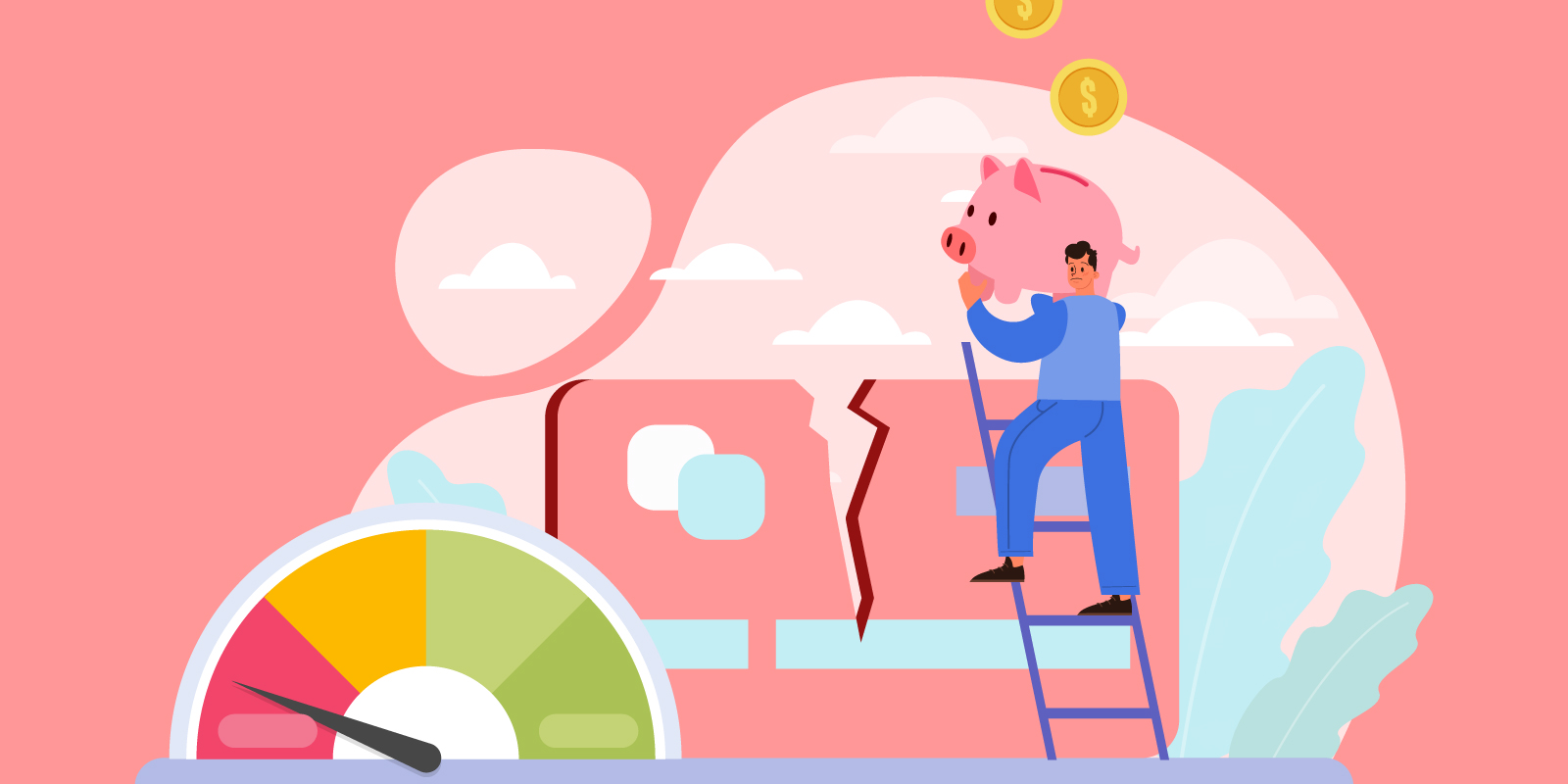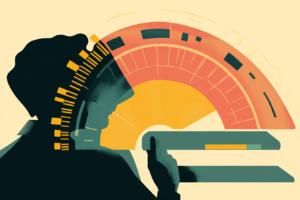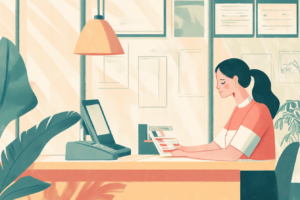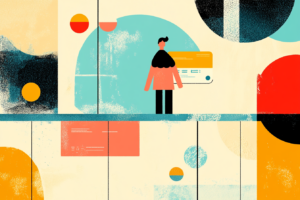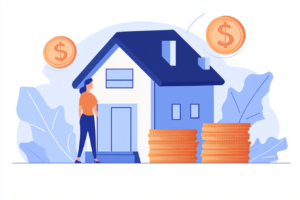Next to your Social Security number, your credit score is one of the most critical numbers in your life. It helps determine whether you qualify for loans and credit cards influence your interest rates, and can even affect the cost of your auto insurance policy. If your score isn’t where you want it to be, you may have trouble qualifying for a loan with favorable terms.
Fortunately, many lenders are willing to work with borrowers with less-than-stellar credit scores. So if you’re working on building your credit or recovering from a financial emergency, consider applying for a bad credit loan. Keep reading to learn more about getting a loan with bad credit.
What Is “Bad Credit”?
Your FICO scores will fall anywhere from 300 to 850, with lower scores indicating a greater risk to banks, credit unions and other lenders. If your score is between 580 and 669, you have fair credit. Scores of 300 to 579 are considered “very poor.” With a score in this range, you’ll have difficulty qualifying for credit cards, personal loans, private student loans and other credit accounts.
In 2021, 29% of Americans had credit scores below 670. Although bad credit is associated with financial irresponsibility, low scores don’t always result from reckless spending. In 2020 and 2021, consumers had to contend with rising prices on everything from groceries to automobiles. Many people were also laid off or furloughed due to the uncertainty caused by the COVID-19 pandemic. As a result, even people who had previously paid all their bills and time and didn’t carry much debt found themselves struggling to make ends meet.
Bad credit scores typically result from some combination of the following:
- Making late payments
- Missing payments
- Taking on too much debt
- Opening a lot of accounts in a short period
- Not having a variety of account types
Bad Credit Loans: An Overview
If you have a low credit score, it’s tough to qualify for a loan with a low interest rate and other favorable terms. To get the funds you need, you may have to agree to additional fees or apply for a secured loan, which requires you to put up collateral in case you default on your repayment agreement. Collateral is an asset that you pledge in exchange for a loan. If you don’t repay the loan as agreed, the lender can sell your collateral and use the proceeds to cover your outstanding debt.
To get a bad credit loan, look for a lender that specializes in working with borrowers with low credit scores. Before you apply, gather pay stubs, tax returns, bank statements and other financial documents. You may need these documents to prove you have enough income to repay the loan. If you plan to apply for a secured loan, you’ll also need information about the asset you want to use as collateral.
Alternatives to Bad Credit Loans
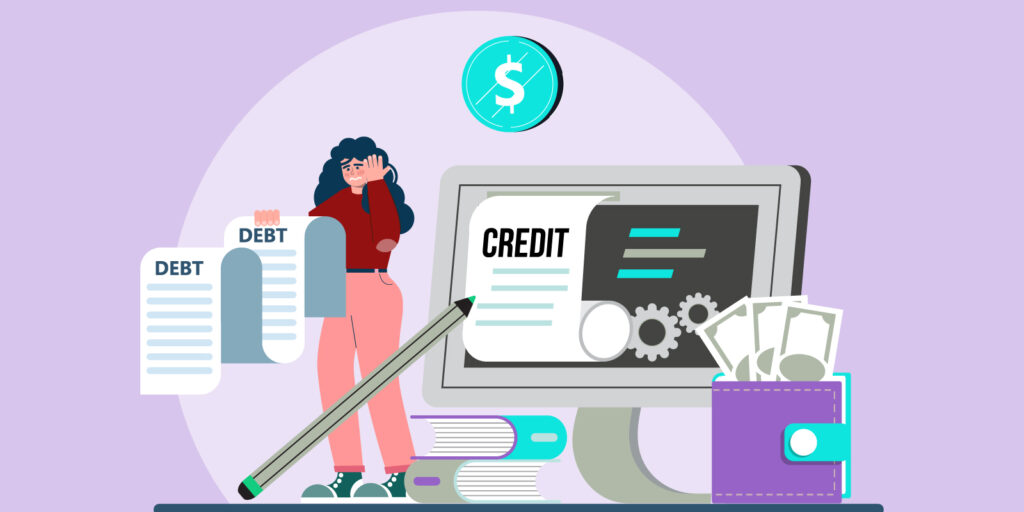
Bad credit loans typically have higher interest rates, making them more expensive. Depending on your credit score and other financial circumstances, you may not meet the requirements for this type of loan, leaving you looking for alternative funding sources. Here are some alternatives if you don’t qualify for a bad credit loan or are not comfortable agreeing to the loan terms.
Apply for a HELOC
Instead of taking out a bad credit personal loan, you may be able to get a home equity line of credit, better known as a HELOC. A HELOC lets you borrow against your home’s equity, giving you access to a large amount of capital. In banking terms, equity refers to the difference between the value of your home and how much you have left to pay on your mortgage.
HELOCs typically have lower interest rates than bad credit personal loans, making them an attractive alternative. Just be aware that your home serves as the collateral for your home equity line of credit. Therefore, if you don’t repay your HELOC as agreed, the bank may take your home, sell it and use the proceeds to cover what you owe.
Start a Side Gig
Applying for a loan isn’t the only way to get extra funds. If you have some free time, consider starting a side gig to increase your income. Here are a few popular options:
- Driving for Uber or Lyft
- Delivering groceries for Instacart
- Delivering food for DoorDash, Grubhub or UberEats
- Tutoring via online platforms
If you have an entrepreneurial spirit, you can use your knowledge and skills to start a business. The right business for you depends on many factors, such as your skills and how much money you have for start-up costs. If you’re low on cash, try something that doesn’t require expensive equipment and supplies. You only need a computer and a strong internet connection to take on freelancing writing assignments. If you want to provide lawn care services, you can get started with a push-behind lawn mower and upgrade your equipment as your business grows.
Improve Your Credit Score
A third option is to improve your credit score before you apply for a personal loan. Credit scores are based on five key factors:
- Payment history
- Amount of debt owed
- Length of credit history
- Credit mix
- Number of new accounts
Payment history accounts for the largest percentage of your score, so one of the best ways to improve your credit is to make every payment on time. If you’re behind on some of your payments, get caught up as soon as possible and commit to making on-time payments in the future.
The amount of debt you owe also makes up a large percentage of your score, so it’s also helpful to work on paying down your debts. You don’t need to pay off every account immediately — just pay a little extra on each account until you have some of them paid off. The number of new accounts you have makes up just a small percentage of your score, but you can prevent your credit score from declining further by refraining from applying for new credit.
Review Your Funding Needs
Bad credit loans usually come with high interest rates and hidden fees. However, if you need money immediately, this type of loan can help you weather a financial emergency and get back on your feet. Otherwise, you may want to take out a HELOC, start a side hustle or take time to improve your credit instead of applying for a bad credit loan.
You might also be interested in: How To Settle Credit Card Debt [The Top 3 Ways]

